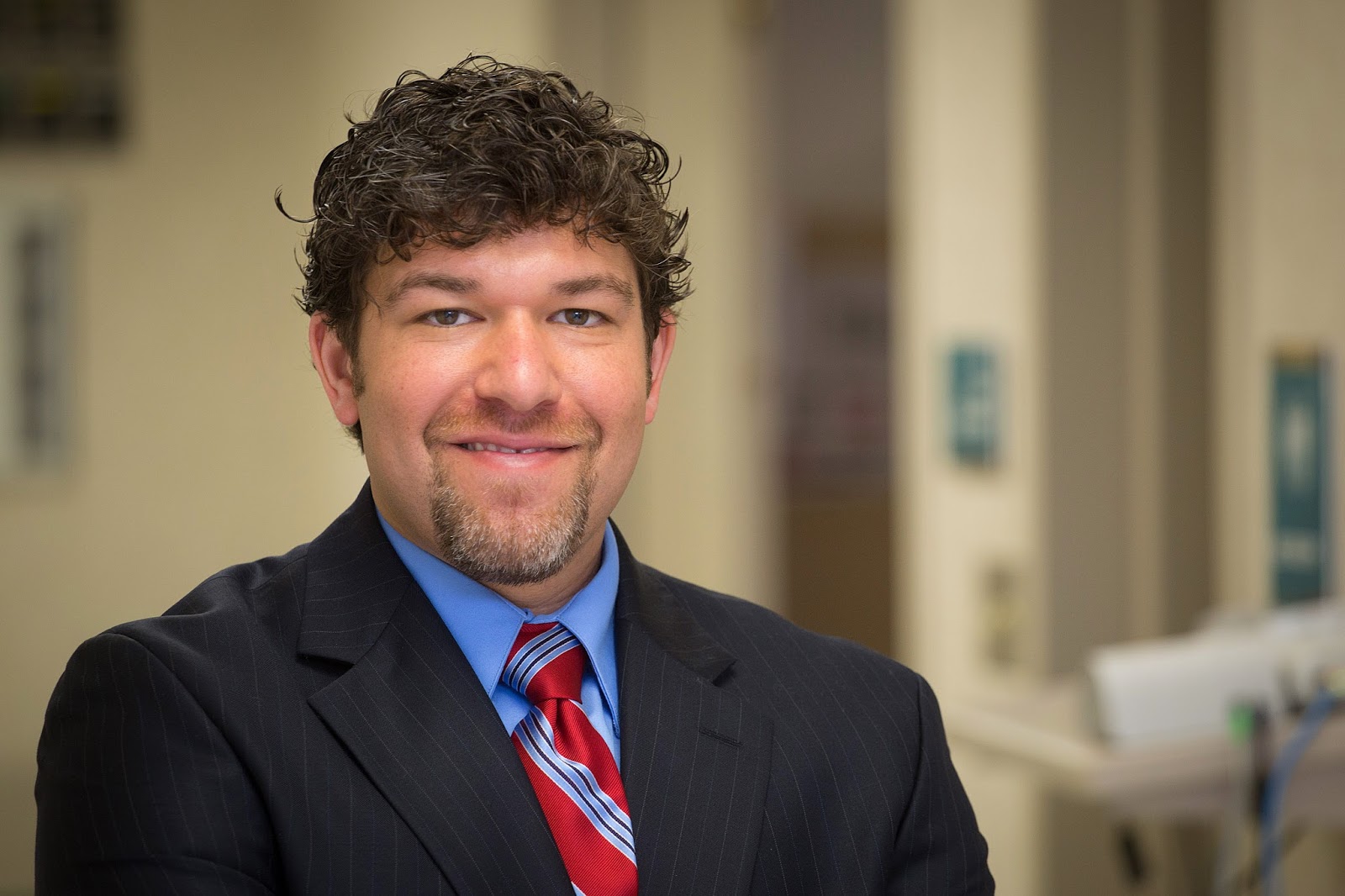 |
| Joseph Cortopassi |
Joseph Cortopassi, a rising second-year medical student at the University of South Alabama College of Medicine, vividly remembers finding a heart murmur in a patient during a check-up in a small village about three hours south of Dakar, Senegal. After discussing the man’s condition with him through the local translator, the man began speaking about his Muslim faith. “For the next 20 minutes or so, the provider I was working with and the man had an incredible conversation about one another’s faiths. Afterward, the man walked away very appreciative of us and the conversation he had,” Cortopassi said.
Cortopassi, along with other medical students from USA and residents from USA Health, recently returned from a 10-day mission trip where they served in remote villages outside of Dakar, Senegal. The students and residents did not have access to a hospital to work from, but rather saw patients in a makeshift, outdoor clinic that was set up in the village.
“When I think of the patients we saw, I think of just how limited our resources were,” said Amber Bowie, a
rising first-year medical student at USA.
“It’s so amazing to see how people who get by with so little can be content with their lives,” added Dr. Ben Cason, a surgery resident at USA.
Dr. Cason and the other students and residents on the mission trip noticed how well people of different religions and cultures throughout Senegal came together. “Everyone in the area lived at peace with their neighbor despite differences in religion that so divide the rest of the world,” Dr. Cason said.
Erin Bouska, a rising second-year medical student at USA, was touched by the hospitality and kindness that was shown in Senegal. “The sense of community was remarkable, especially between the Christians and Muslims. We not only prayed with Muslims in clinic, but we also learned that Muslims and Christians are friends who live, dine and work together with one another,” she said. “The rest of the world would do well to follow their example.”
Travis Goodloe, a rising second-year medical student at USA, feels that the training he received at USA prepared him well for the trip as he was ready to provide a significant amount of care to patients that truly made a difference in their lives. “I feel fortunate to have the opportunity to receive my medical training at USA, but I have further realized that I have an obligation to pay this opportunity forward and use the skills I have learned to benefit others who are less fortunate,” he said.
Dr. Cason encourages any medical student and health care professional to get involved with mission projects. “From a humanitarian point of view, one is able to provide a needed service to a population that is unable to receive the service otherwise, and for me, it has been an opportunity to care for the sick and show them God’s love through my work,” he said.
Those who participated in the mission trip were happy to see USA’s reach across the world as students and residents worked to bring care to those who needed it most. “Our trip has the possibility of having a beneficial, yet short-term impact,” Bouska said. “However, to make the efforts of this trip long-lasting, we need the support of the USA Health community so that we can send medical teams back to these areas in the future."
“I think that as USA extends its outreach, it simultaneously serves to strengthen itself in all other facets, including right here in Mobile, because the mission of USA Health is being lived out as students like myself are able to foster our skills and bring them back to this community,” Goodloe said.
Cortopassi said that the mission trip helped remind him of his passion for helping people. “I know at times I personally find myself getting wrapped up in school and grades to the point where I lose focus on why I chose the field of medicine. I believe that mission trips remind us of why we chose this calling,” he said.
Bouska remembers going to sleep each night in Senegal after long days serving its communities while enjoying the view of starry African skies. “From the top of our sleeping quarters, we could clearly make out the Big Dipper, which of course led to multiple debates on the location of the constellations and different planets. It was the perfect way to unwind after a busy day, and I definitely miss it now that I’m home. It was a remarkable experience.”






